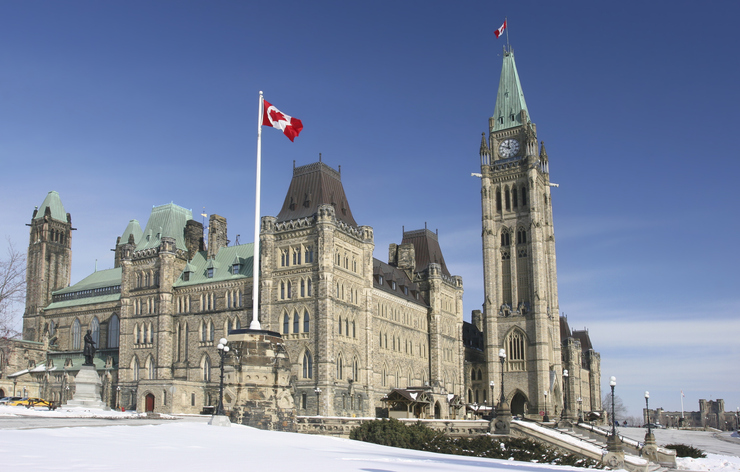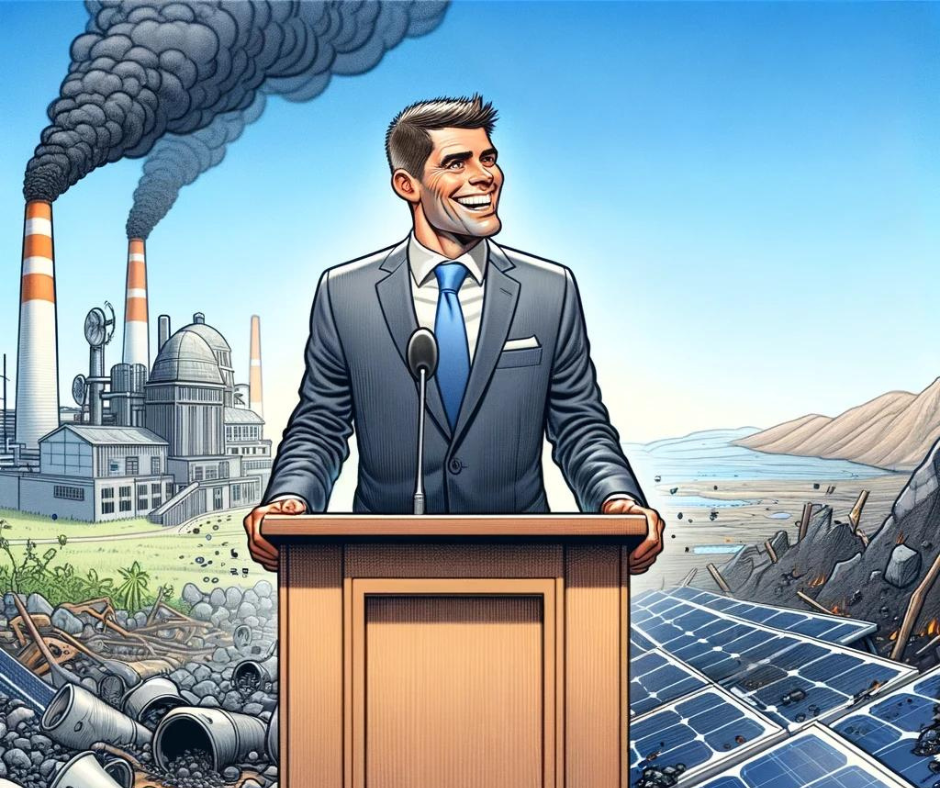Washington's Failed Climate Policy: My Testimony to the Canadian Parliament

Last week I was in Ottawa to testify before the Parliamentary Committee on Environment and Sustainable Development, addressing the political and economic lessons of Washington state’s climate policy failures.
The Canadian government is pushing a carbon tax and rebate system for provinces that do not already have a carbon pricing system. The question I addressed was how to make carbon policy politically durable and environmentally effective.
Durability is critical for effective climate policy. Policies that change with every election are ineffective and make it difficult for individuals, businesses, and innovators to take the long-term steps to consistently reduce CO2 emissions or environmental impact.
In my testimony, I noted that despite considering itself to be an environmental leader, Washington’s efforts on climate policy have been inconsistent. Sometimes the policy options have been poor, like I-1631’s large carbon tax increase. Other times, voters simply haven’t trusted that politicians will spend money wisely or, in the case of revenue-neutral carbon taxes, keep their promises.
I was asked by one Member of Parliament if I thought increasing prices on CO2 would reduce emissions. The simple answer is “yes.” When you raise prices on something, you reduce demand. The key is how to make policies durable and avoid voter backlash to those prices as occurred in Ontario last year.
That point was made clear when another member noted that when Australia adopted a carbon tax, emissions fell. After just two years, however, the government was removed along with the carbon taxes. Emissions once again increased. The lesson from Australia is not that carbon taxes work, but that poorly planned carbon policy isn’t durable and won’t achieve CO2 reduction goals.
Additionally, I noted that carbon tax policy must be economically efficient. Nobel Prize winner William Nordhaus noted in his prize lecture that efforts to meet the Paris Climate Accord’s two degree target would be extremely expensive, costing four times as much as the climate impacts it would avoid.
These costs can be brought down with technology improvements, allowing us to reduce CO2 emissions more than expected for the same cost. Doing so, however, requires a change in our mindset. Rather than focusing on using policy to force behavior change, we need to focus on promoting innovation that expands the opportunities individuals have to be more energy efficient.
Three Canadian organizations are already doing good work in this area. Toronto-based Ecobee has a smart thermostat that helps people save energy using artificial intelligence and information sharing. Vancouver-based Cowlines is a mapping app that shows people their travel options, displaying routest that get users to their destination in the fastest way, the cheapest way, or the most environmentally friendly way. Finally, I mentioned the Fishackathon, sponsored by Toronto-based Hackernest, which is a great model of engaging app developers to find technology solutions for specific policy problems.
The solutions to many environmental problems – beyond energy policy – will be found in these kinds of technology solutions and Washington state, Canada, and the U.S. should encourage these innovations that make use of existing price signals before and provide durable, long-term solutions.
You can hear the entire hearing here. My testimony begins at 16:04:35.





